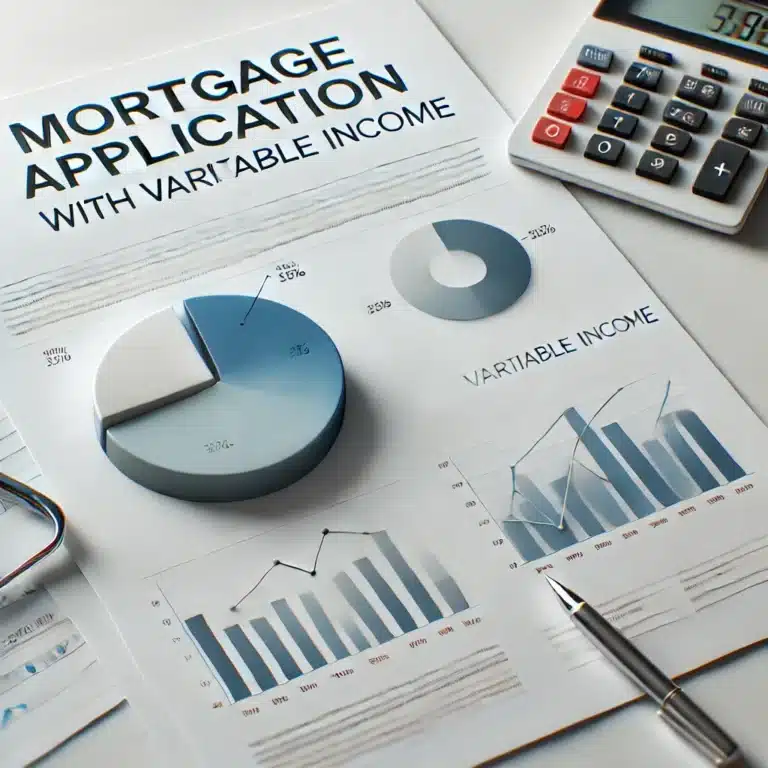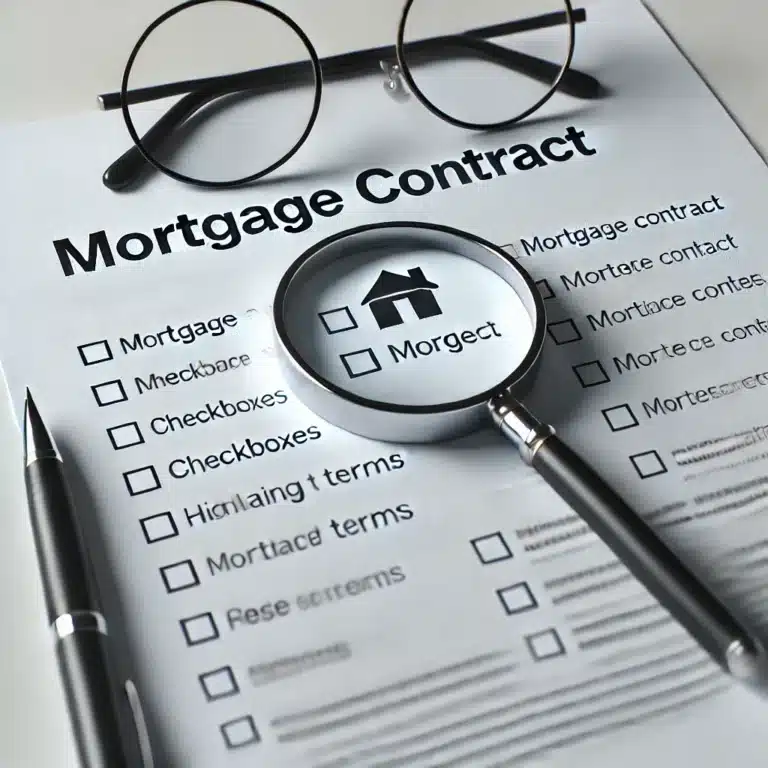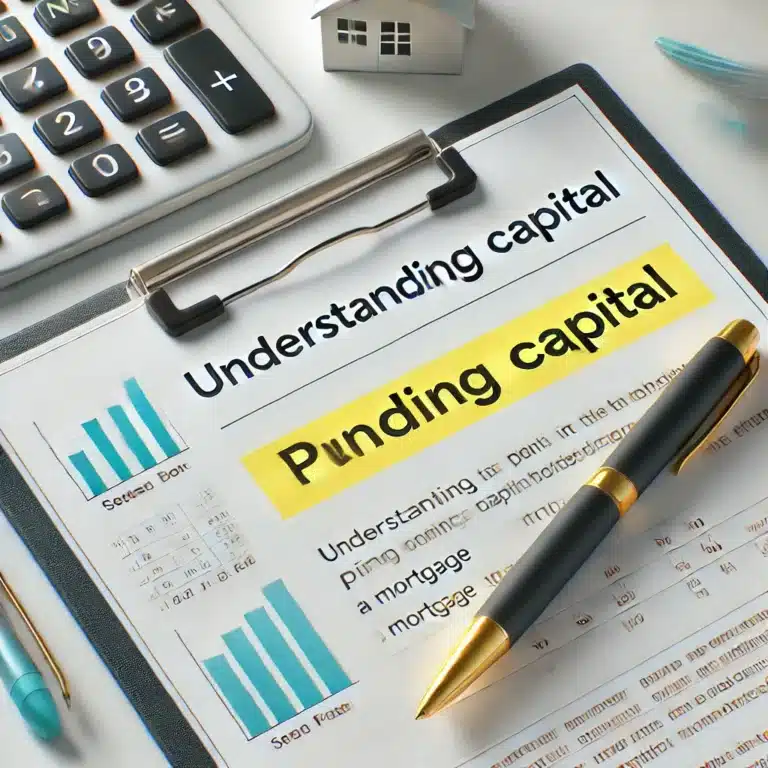
The decision to use your savings to pay off your mortgage early can have a significant impact on your finances. While this strategy can offer benefits such as saving interest or reducing debt, it also means compromising your liquidity. Here we analyze the pros and cons to help you make an informed decision.
1. Advantages of paying off your mortgage early
a) Interest savings
By reducing the outstanding balance of your mortgage, you reduce the amount on which interest is calculated. This can result in considerable savings, especially if your mortgage is in the early stages, when you pay more interest than principal.
b) Greater financial peace of mind
Paying off your mortgage reduces your financial obligations, improving your financial stability and freeing you from long-term worries.
c) Reduction of indebtedness
Paying off your mortgage improves your debt ratio, which can make it easier to obtain new credit or loans in the future.
d) Taking advantage of tax benefits
In some cases, such as mortgages taken out before 2013 in Spain, you can benefit from tax deductions when making early repayments.
2. Disadvantages of paying off your mortgage early
a) Loss of liquidity
If you use your savings to pay off your mortgage, you could be left without a financial cushion for emergencies or investments.
b) Commission costs
Some mortgages include early repayment fees:
- Variable mortgages: Up to 0.25%-0,5% depending on the time elapsed.
- Fixed mortgages: They can reach 2% in the first years.
c) Lost investment opportunity
If your savings generate a higher return than the interest rate on your mortgage, it may be more profitable to keep the debt and put the savings into investments.
d) Limited tax advantages
If you are not entitled to tax deductions, the benefit of amortization may be less.
3. Factors to consider before paying off your mortgage
a) Your mortgage interest rate
- High interest: Canceling is more profitable because it reduces the total cost of the debt.
- Low interest: You could prioritize other financial opportunities.
b) Your financial situation
- If you have a solid emergency fund (equivalent to 3-6 months of expenses) and the ability to save, paying off the mortgage can be a safe option.
- If your liquidity is limited, it is better to keep a financial cushion for unforeseen events.
c) Time horizon
If you are near the end of the mortgage term, most of the interest will have already been paid, so the savings will be limited.
d) Investment alternatives
If you can invest your savings in assets with a higher return than the interest on your mortgage (such as index funds or bonds), it may be more beneficial to keep the debt.
4. Practical example
Initial data
- Mortgage: 150,000 € 25 years.
- Interest rate: 3%.
- Monthly fee: 711 €.
- Savings available: €10,000.
Scenario 1: Early redemption
- You use €10,000 to reduce the balance.
- Option 1: Term reduction → Interest savings: €6,000.
- Option 2: Fee reduction → New monthly fee: €670.
Scenario 2: Investment of savings
- You invest the €10,000 in a fund with an annual return of 5%.
- Accumulated profit in 10 years: €6,500.
- Result: If the mortgage interest rate is low (3%), the investment exceeds the amortization savings.
When is it a good idea to pay off your mortgage?
- You have a high-interest mortgage: In this case, the interest savings can be significant.
- No additional debt: If there are no other financial obligations with higher interest rates, you can prioritize the mortgage.
- You want to reduce the term: If you want to pay off your debt early to achieve greater peace of mind, this is a valid strategy.
- Your liquidity is assured: If you maintain a solid emergency fund after amortization, it is less risky.
6. When is it better not to cancel your mortgage?
- The interest rate on your mortgage is low: If you can invest your savings with a higher return, it is more beneficial to keep the debt.
- High fees: If early redemption fees are significant, they can diminish the benefit of this strategy.
- You need liquidity: It is crucial to have a financial cushion for emergencies or future opportunities.
- You are entitled to tax breaks: Keeping your mortgage can be more profitable if you take advantage of deductions.
7. Alternative strategies
- Periodic partial amortizations: Make additional payments regularly to reduce the balance without compromising all your savings.
- Parallel investments: Keep the mortgage and allocate part of your savings to investments with higher returns.
- Mortgage renegotiation: If the current interest rates are lower than your mortgage, refinancing may be a better option.
8. Conclusion
Using your savings to pay off your mortgage can be an effective strategy to save interest and reduce your debt, but it is not always the best option. Evaluate your mortgage interest rate, liquidity needs and investment alternatives before making a decision. If in doubt, consult with a Mortgage Broker to find the strategy that best suits your situation.



